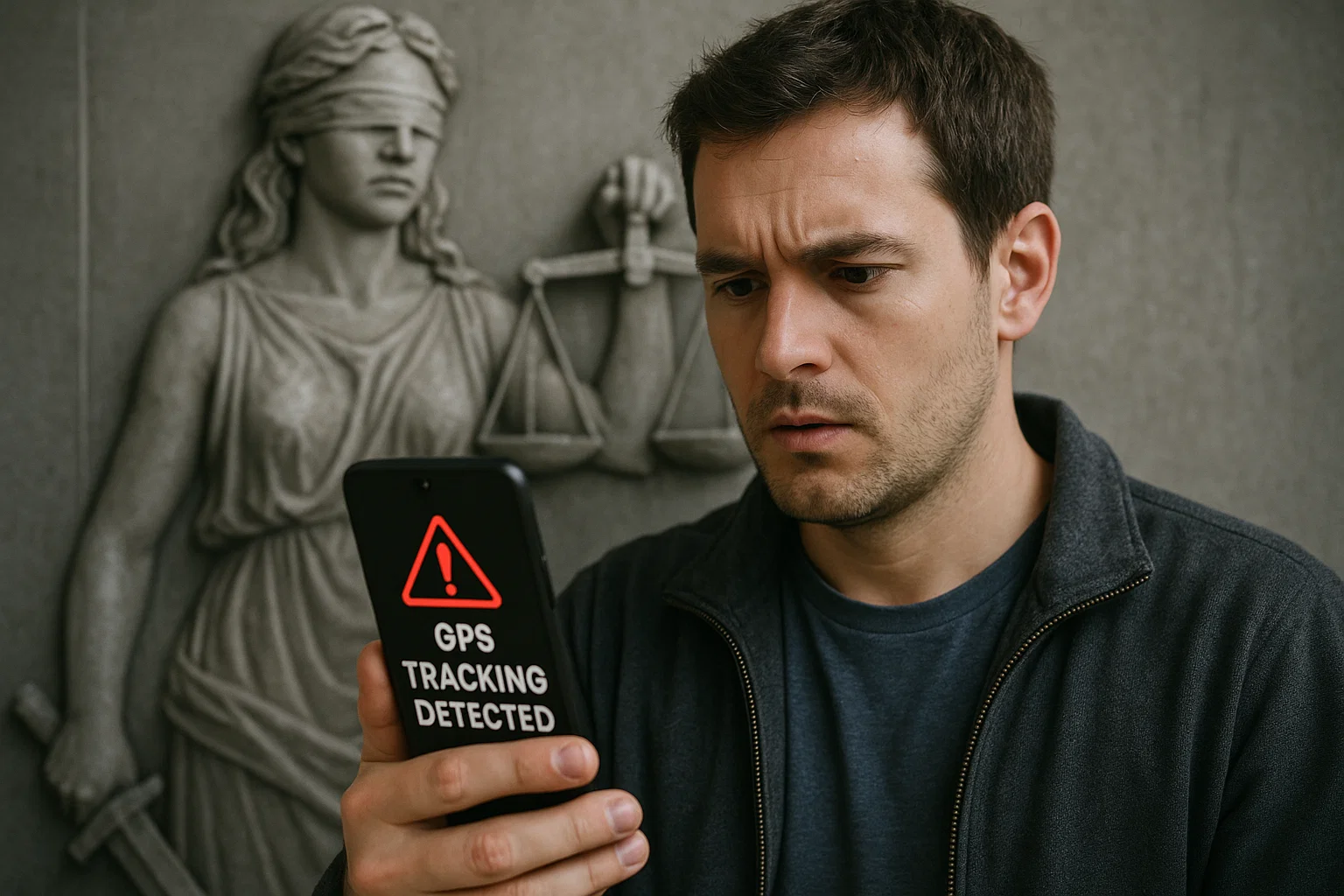The illegal GPS tracking debate is no longer a technical footnote. It is a legal, ethical, and political battlefield. Across Europe, the US, and beyond, lawsuits multiply against companies, investigators, and state agencies accused of tracking people without consent. At stake is not only privacy but democracy itself. When location data becomes a weapon, citizens are reduced to monitored subjects rather than free individuals.
GPS tracking: from convenience to surveillance
GPS was once sold as convenience. Parents tracked children, logistics firms monitored trucks, and apps promised safety. But what began as utility has spiraled into surveillance.
Employers hide GPS devices in company cars, following staff off-hours.
Private investigators bug vehicles in divorce cases.
State authorities bypass warrants, collecting movements of activists and journalists.
This is where illegal GPS tracking crosses the line: from safety to spying, from oversight to abuse.
Case study: Spain’s delivery drivers
In Madrid, a group of drivers discovered hidden trackers in their vans. The devices recorded not only work hours but private stops after shifts. “I felt like a prisoner of my own car,” one driver testified. The company defended itself as “monitoring efficiency.” Courts called it a breach of dignity and privacy.
The legal framework: EU vs US
GDPR and Europe
Under GDPR, location data is personal data. That means:
- Consent is mandatory.
- People must know why and how long their data is stored.
- Secret tracking is unlawful, punishable by fines of up to €20 million or 4% of turnover.
In Germany, a court fined a logistics firm €10 million for hidden GPS tracking of employees. The ruling emphasized: efficiency never justifies covert surveillance.
US patchwork laws
In the US, protections are inconsistent. Some states require warrants for GPS use by law enforcement. Others allow broad “employer monitoring.” A private investigator in Texas legally tracked dozens of cars until exposed by local media. Victims had no federal protection. This patchwork fuels confusion. Citizens in one state enjoy rights, while in another they are spied on legally.
Oppositional analysis: hypocrisy in enforcement
Governments preach privacy but abuse it. Tech companies claim to “empower users” while profiting from surveillance. Regulators impose fines, but enforcement is symbolic.
One law for the weak: teenagers fined for hacking location apps.
Another law for the powerful: governments quietly track journalists in the name of security.
This mirrors the logic of financial scandals. The powerless face strict rules, while elites exploit loopholes.
As we argued in Old leaders ruling the world, the concentration of power without accountability corrodes trust. Illegal GPS tracking is just the digital version of the same arrogance.
Human perspective: dignity at stake
For ordinary people, GPS surveillance feels like terror.
A Ukrainian activist described threats after his car was illegally traced. “It was not just tracking — it was intimidation.”
A Spanish driver said: “My wife thought I was cheating. In reality, my boss had my entire route map.”
DNA scandals, mass surveillance, even body exchanges in war (Ukraine bodies exchange) share one theme: dehumanization. Illegal GPS tracking reduces lives to coordinates, stripping dignity and agency.
Corporate scandals: profit from surveillance
Tech firms profit enormously from location data. Advertising models depend on tracing movements. Ride-hailing apps have been caught storing off-duty driver routes. Even health apps sell geolocation “for research.”
In 2023, a major US retailer paid $15 million to settle claims of secretly tracking customers’ phones in stores. The fine was a fraction of its profits. This is systemic: fines are cheap, privacy is expendable.
Counterarguments: “safety and efficiency”
Defenders argue GPS ensures security and performance. But the line between safety and spying is razor thin.
Safety does not justify hidden devices in private cars.
Efficiency does not excuse constant off-duty surveillance.
National security cannot erase human rights.
When excuses dominate, privacy dies by a thousand cuts.
Law must grow teeth
The illegal GPS tracking scandals expose gaps in law and enforcement. To protect dignity, states must act:
- Mandatory transparency: devices must be disclosed to those tracked.
- Criminal penalties: not just fines, but jail time for intentional abuse.
- Equal standards: governments must obey the same rules as companies.
- Citizen tools: free apps and services to detect hidden trackers.
Without this, privacy remains a slogan, not a right.
Conclusion: privacy is freedom
The illegal GPS tracking epidemic shows that privacy is not abstract. It is freedom itself. When people cannot move without being traced, they stop being free citizens.
Governments must stop hypocrisy. Companies must face real penalties. And citizens must demand laws with teeth.
Because in the end, protecting location data means protecting democracy.
External references: BBC privacy report, EU GDPR text.
127 views